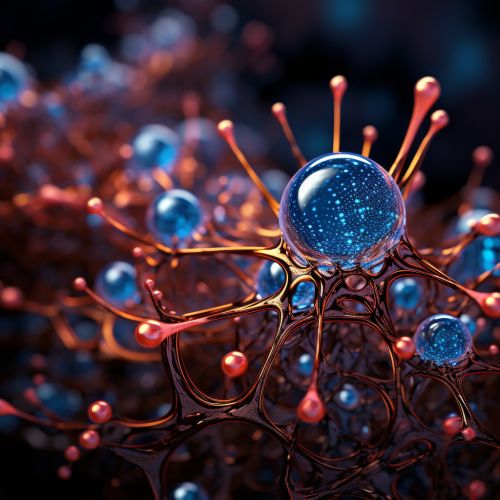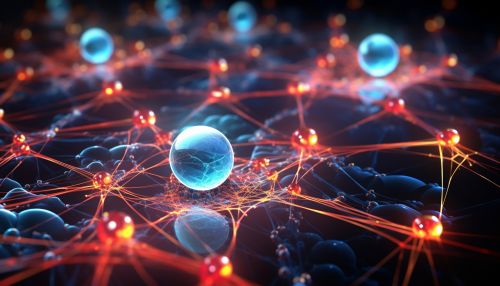Quantum Biology
Introduction
Quantum biology is an emerging field of scientific research that explores the potential role of quantum mechanics in biological phenomena. This interdisciplinary field combines elements of quantum physics, biology, and chemistry to investigate whether quantum phenomena might play a significant role in the way biological systems function.


Historical Background
The concept of quantum biology was first introduced in the 1930s by physicists Niels Bohr, Max Delbrück, and others who were intrigued by the potential implications of quantum mechanics for biological systems. However, the field remained largely theoretical until the late 20th century, when advances in experimental techniques made it possible to test some of these ideas empirically.
Quantum Phenomena in Biological Systems
Several biological phenomena have been proposed as potentially involving quantum effects. These include:
Photosynthesis
In photosynthesis, plants and certain types of bacteria convert sunlight into chemical energy. This process involves the absorption of light by a molecule called a chlorophyll, which then transfers the energy to a reaction center where it is used to drive chemical reactions. Some researchers have suggested that this energy transfer process may involve quantum coherence, a phenomenon in which particles are linked in such a way that the state of one can instantly affect the state of the other, regardless of the distance between them.
Enzyme Kinetics
Enzymes are biological catalysts that speed up chemical reactions in living organisms. Some theories suggest that quantum tunneling, a phenomenon in which particles can pass through barriers that they would not be able to surmount according to classical physics, may play a role in enzyme function.
Some species of birds are known to migrate thousands of kilometers, often returning to the same locations year after year with remarkable accuracy. One theory proposes that these birds may use a form of quantum entanglement, another phenomenon unique to quantum mechanics, to sense the Earth's magnetic field and navigate their migrations.
Challenges and Controversies
While the field of quantum biology holds promise, it is also fraught with challenges and controversies. One of the main challenges is the difficulty of conducting experiments that can definitively prove the existence of quantum effects in biological systems. Furthermore, some scientists remain skeptical of the idea that quantum mechanics plays a significant role in biology, arguing that biological systems are too warm and too complex to sustain the delicate quantum states that would be necessary for these effects to occur.
Future Directions
Despite these challenges, research in quantum biology continues to advance, and the field is likely to yield new insights into the workings of biological systems. Future research may also have practical applications, such as the development of new drugs and therapies, the design of more efficient solar cells, and the creation of quantum computers that can simulate biological processes.
